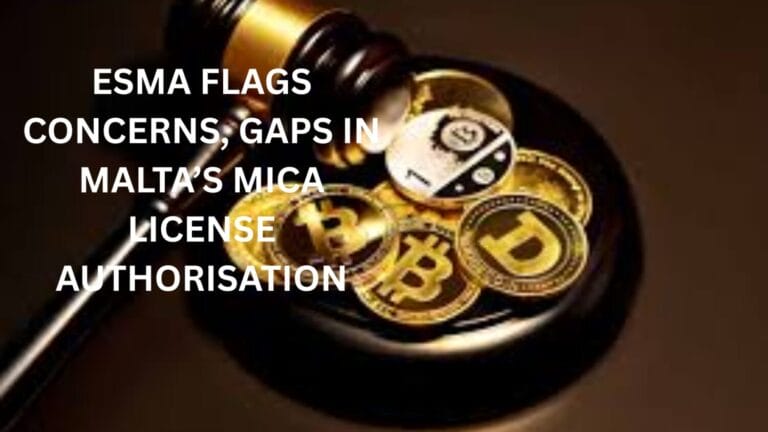Key Takeaways
- According to the Finance Ministry, new regulations are set in place to tackle money laundering, terrorist financing, and sanctions evasion from Russia and Belarus.
- The regulations are tightened for crypto exchanges and require the managerial staff of Lithuanian-based crypto exchanges to be permanent residents of Lithuania.
Lithuania is the latest country to tighten crypto regulations to tackle money laundering. Lithuania’s Finance Ministry plans to ban anonymous wallets against the backdrop of increasing instances of money laundering, terrorist financing, and sanctions evasion in the country.
The amendments to the “Law on the Prevention of Money Laundering and Terrorist Financing” is focused on increasing the transparency of the cryptocurrency sector while ensuring its further sustainable development, according to the Finance Ministry. The amendments require State Legislature’s approval to come into effect and become a law.
The new regulatory guidelines make it mandatory for crypto exchange operators to register as a corporate body with nominal capital amounting to no less than 125,000 euros from January 1, 2023. The bill proposal, which tightens know-your-customer (KYC) regulations for crypto exchanges, also requires managerial staff of Lithuanian-based crypto exchanges to be permanent residents of Lithuania. As part of the new regulations, the Registrar of Legal Entities will also make the names of crypto exchange operators public.
In its official announcement, the Ministry stated the latest move was in anticipation of future European Union decisions. Commenting on the latest development, Minister of Finance Gintarė Skaistė has stated that the Government was taking proactive steps to strengthen regulation at the national level in preparation for subsequent decisions at the EU level. The EU recently voted to advance anti-anonymity rules for the crypto market, enabling transactions between non-custodial wallets and crypto service providers a more tedious task. The European Parliament’s move has been widely criticized by crypto enthusiasts, including Coinbase CEO Brian Armstrong for being “anti-crypto”.
The neighboring country Estonia’s tightening of crypto regulations has paved the way for an uptick in the number of crypto exchanges in Lithuania. The Finance Ministry states that since 2020 over 220 crypto companies have been created. The Estonian Government in 2020 passed a law asserting that virtual currency service providers would be treated in the same manner as financial institutions under the Money Laundering and Terrorist Financing Prevention Act. In the same year, the Estonian Government also revoked over 1,000 operating licenses after amendments to Estonian law rendered many cryptocurrency service providers non-compliant with regulations.









